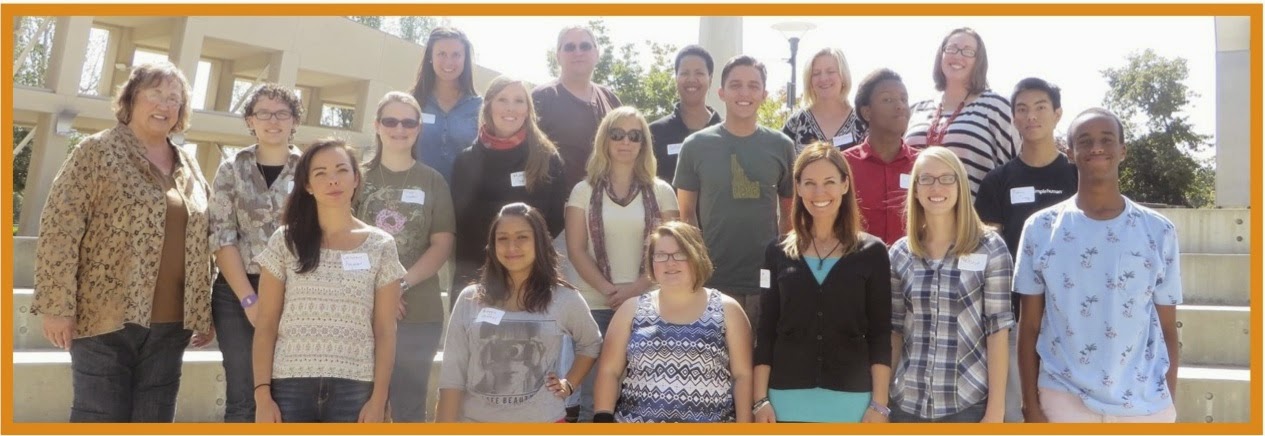English, not their mother language.
I've been working in the SLCC (Salt Lake Community College), Writing Center for about a month now and I have only a few more hours and my fifteen will be complete. My experience there has been really good. As a tutor, most of the students I have helped have been where their mother language was not English. It's a lot harder than it looks to help a student who struggles with the language I've known from birth. On one of my sessions I was helping a young woman who spoke and wrote fluent Arabic. Her notes for the assignment were written all in Arabic and I could see that she was very proud of her background. She came in wanting my help with the notes her professor wrote on her paper. Those notes consisted of, "You must be able to write fluently in English if you are to move on to the next class." With her notes all in her mother language, I could see why the professor would make that statement. In a class discussion I was given the advice on what to s



